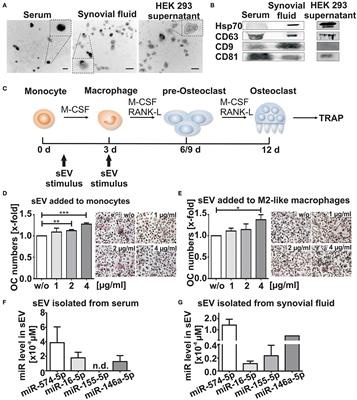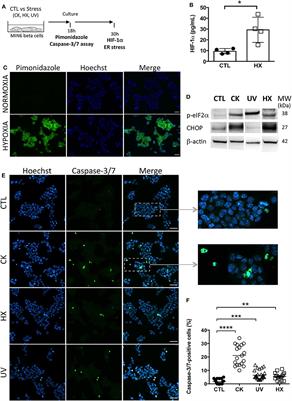EDITORIAL
Published on 18 Mar 2022
Editorial: Immunomodulatory Roles of Extracellular Vesicles in Autoimmune Diseases
doi 10.3389/fimmu.2022.725090
- 1,537 views
39k
Total downloads
97k
Total views and downloads
You will be redirected to our submission process.
EDITORIAL
Published on 18 Mar 2022
ORIGINAL RESEARCH
Published on 04 May 2021

ORIGINAL RESEARCH
Published on 13 Apr 2021

REVIEW
Published on 29 Jan 2021

MINI REVIEW
Published on 14 Jan 2021

ORIGINAL RESEARCH
Published on 10 Dec 2020

ORIGINAL RESEARCH
Published on 30 Nov 2020

REVIEW
Published on 26 Nov 2020

ORIGINAL RESEARCH
Published on 14 Oct 2020

ORIGINAL RESEARCH
Published on 30 Sep 2020

MINI REVIEW
Published on 20 Aug 2020

MINI REVIEW
Published on 06 Aug 2020

